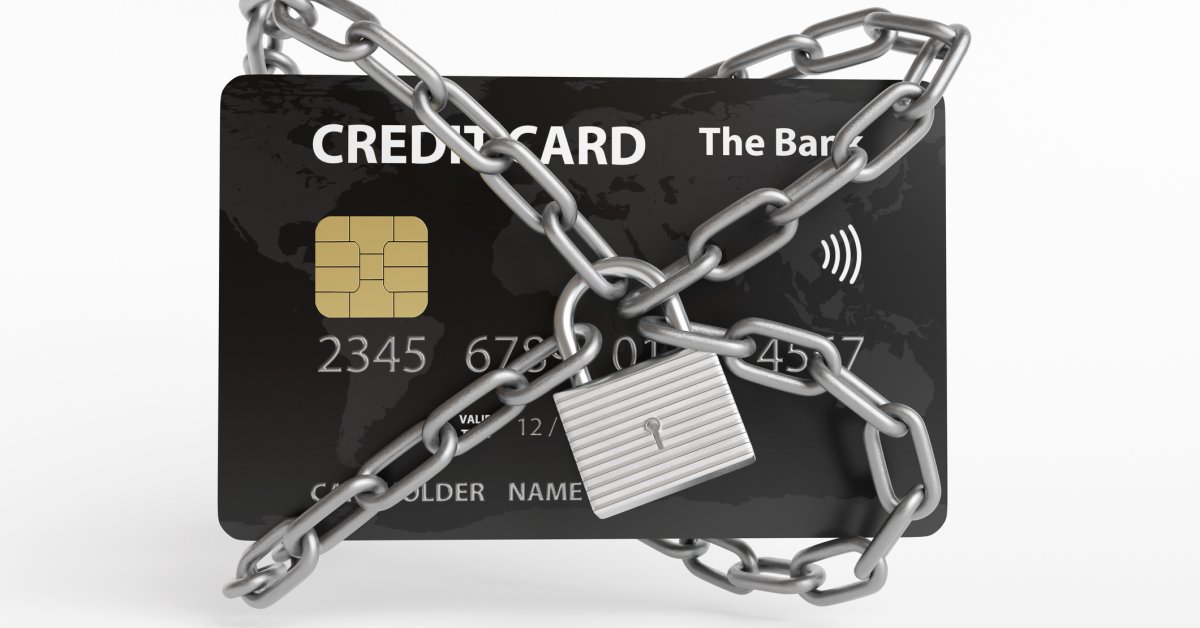In response to a major security breach confirmed by National Public Data (NPD), individuals are advised to safeguard their sensitive information, such as social security numbers, to prevent identity theft. One effective way to do this is through a credit freeze, which limits access to credit reports. NPD warned that breached information included name, email address, phone number, social security number, and mailing address, prompting recommendations to freeze credit to prevent potential creditors from accessing credit reports and unauthorized loans or credit card applications.
While credit locks and fraud alerts are alternatives to a credit freeze, a credit freeze is considered the most effective method for protecting personal information. To freeze credit, individuals can create accounts with the three major credit bureaus – Experian, Equifax, and TransUnion – recommended by the U.S. government. Each bureau must be contacted separately, but the service is typically free. Upon creating an account with a username and password, users can easily freeze their credit by clicking a button online, over the phone, or via mail. The freeze is usually implemented within one business day for online or phone requests, and within three business days for mail requests.
In addition to freezing their own credit, parents have the option to freeze their children’s credit reports through the three major credit bureaus. Experian offers a Child Identity Theft Protection program, enabling parents to check if their child has an Experian credit report and add a fraud alert if needed. By taking proactive measures to freeze both their own and their children’s credit, parents can help prevent identity theft and unauthorized use of personal information.
In the event of a security breach or suspected compromise of personal information, individuals should check if their information was affected and take necessary steps to protect their data. Freezing credit is a recommended method to prevent unauthorized access to credit reports and potential financial harm. By utilizing the services of major credit bureaus like Experian, Equifax, and TransUnion, individuals can easily freeze their credit online, over the phone, or via mail to enhance security and safeguard personal information from identity theft and fraudulent activity.
Overall, in response to security breaches and data compromises, individuals are encouraged to take proactive steps to protect their personal information, such as social security numbers, through credit freezes with major credit bureaus. By implementing credit freezes and monitoring credit reports for any suspicious activity, individuals can reduce the risk of identity theft and unauthorized use of personal data. Parents also have the option to freeze their children’s credit reports through Experian’s Child Identity Theft Protection program, enhancing security measures to prevent unauthorized access and fraudulent activity.









